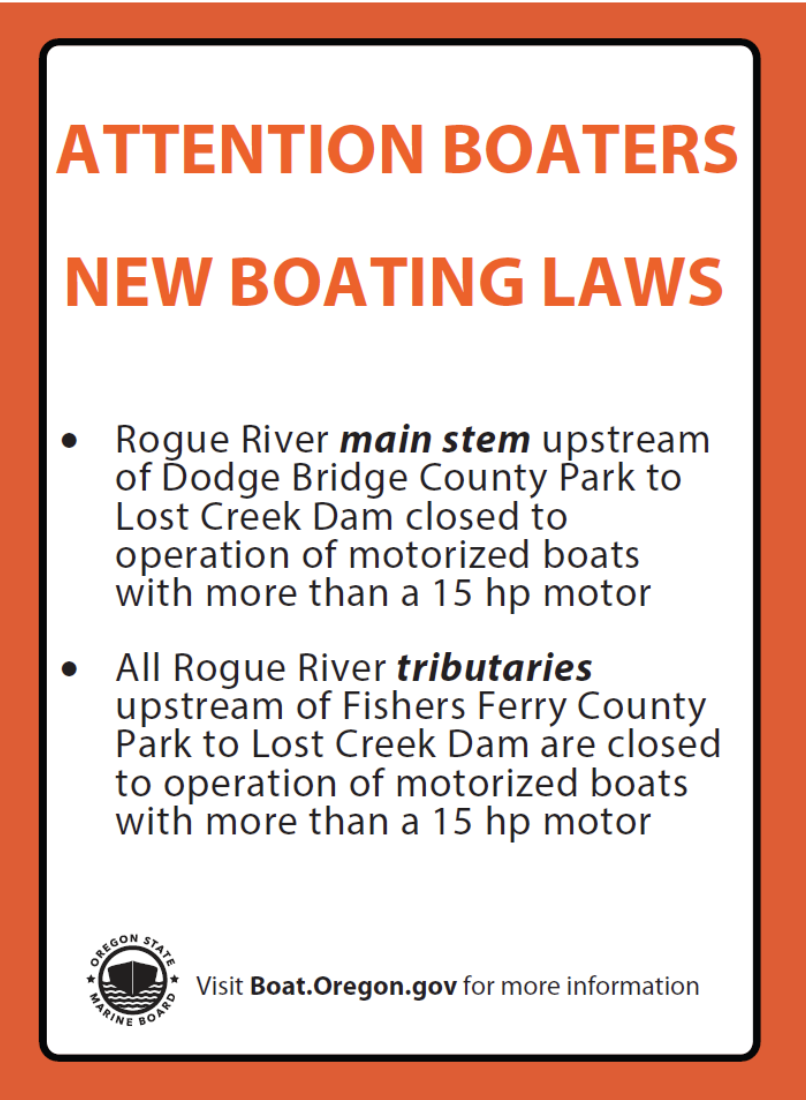So, you’re ready to feel the spray of the water and the thrill of the ride, and you’re asking the essential question: se necesita licencia para manejar jet ski? It’s a fantastic question, and getting the right answer is the first step to ensuring your day on the water is both exhilarating and safe. The rules surrounding personal watercraft (PWC) operation can seem a bit murky, but they are crucial for everyone’s safety. Understanding whether you need a boater education card versus a traditional license is key, as state-specific regulations vary significantly, often involving strict age requirements and mandating a safety certification before you can open the throttle.

The Big Misconception: License vs. Boater Education Card
First things first, let’s clear up a common point of confusion. When people ask about a “jet ski license,” they’re often picturing something similar to a driver’s license for a car. In most places in the United States, this isn’t quite how it works. Instead of a formal license, what’s typically required is a Boater Education Card, sometimes called a Boating Safety Certificate.
Think of it less as a license to operate and more as proof that you have completed a state-approved boating safety course. This course covers the rules of the water, how to handle emergencies, proper navigation, and the specific laws that apply to PWC operators. The goal isn’t to create a barrier to entry but to ensure that everyone sharing the waterways has a fundamental understanding of how to do so safely.

Do You Need a License for a Jet Ski in the United States?
The short and simple answer is: it depends entirely on the state. There is no single federal law in the U.S. that mandates a license or education card for operating a PWC. Instead, each state sets its own rules. This means the requirements in Florida can be completely different from those in California or a lake in the Midwest.
This patchwork of laws can be confusing, especially if you plan to take your jet ski across state lines. The good news is that most states have a reciprocity agreement. This means they will recognize a Boater Education Card issued by another state, as long as the course that was taken is approved by the National Association of State Boating Law Administrators (NASBLA). This is a huge help for vacationers and traveling enthusiasts.
Captain Miles Holloway, a 20-year veteran of marine patrol, advises: “I can’t stress this enough: always check the local laws for the specific body of water you’ll be on. Don’t assume the rules from your home state apply. A five-minute search on the state’s wildlife or marine agency website can save you a hefty fine and a ruined day.”
A Look at Key States: Florida, California, and Texas
To give you a practical idea of how much the rules can differ, let’s look at three popular states for watersports.
In Florida, a state synonymous with boating, anyone born on or after January 1, 1988, must have a Florida Boating Safety Education Identification Card to legally operate a vessel of 10 horsepower or more, which includes all jet skis. You must carry this card along with a photo ID at all times when operating.
Over in California, the rules are being phased in. The California Boater Card is required for all persons, with the age requirement progressively increasing each year. As of 2024, anyone 60 years of age or younger must have the card, and by 2025, it will be required for all operators, regardless of age. This gradual implementation is designed to get everyone educated without overwhelming the system.
Meanwhile, in Texas, the requirements are more focused on younger operators. Anyone born on or after September 1, 1993, who is operating a PWC must have passed a boater education course. This is also true for operators of boats with more than 15 horsepower. The Texas Parks and Wildlife Department (TPWD) oversees these certifications.
What Are the Common Age Requirements to Operate a PWC?
Age is one of the biggest factors in PWC regulations. Nearly every state has a minimum age for operation, and these often come with specific restrictions for teenagers. While you must check your local laws, the rules generally fall into a few common tiers.
For instance, many states prohibit anyone under the age of 14 from operating a PWC under any circumstances. For teens in the 14 to 17-year-old range, operation might only be permitted if they have completed a boater safety course. Some states may also require a certified adult to be on board or supervising closely from another vessel. Once you reach 18, you are typically considered an adult operator, but the boater education card requirement may still apply depending on your date of birth.
Here is a general overview, but remember to verify with your specific state authority:
| Age Group | Common Restrictions | Typical Requirement |
|---|---|---|
| Under 14 | Often prohibited from operating a PWC entirely. | Direct adult supervision may be required in some lenient areas. |
| 14 – 17 | Can operate, but with conditions. | Almost always requires a Boater Education Card. |
| 18+ | Generally considered an adult operator. | Requirement for a Boater Education Card often depends on birthdate. |
How Do You Get a Boater Education Card?
Obtaining your boater education card is a straightforward process. The steps are designed to be accessible and convenient, ensuring everyone has the opportunity to get certified.
First, you need to find a course approved by your state’s boating agency and recognized by NASBLA. The vast majority of these courses are available online, allowing you to study at your own pace from the comfort of your home. These courses are interactive and cover everything from PWC-specific handling to understanding navigational buoys.
Next, you will study the material, which typically takes a few hours to complete. The curriculum is comprehensive, covering topics like proper safety equipment (life jackets, fire extinguishers), what to do in case of an accident, and how to prevent common PWC mishaps.
After you’ve completed the study portion, you’ll take a final exam. Don’t worry, it’s not designed to trick you. If you’ve paid attention to the course material, you should pass with flying colors. Upon passing, you’ll be able to print a temporary certificate immediately, with your permanent, waterproof card arriving in the mail a few weeks later.
Captain Holloway adds: “The value of these courses goes far beyond just getting a piece of plastic. You learn things that can genuinely save a life—yours or someone else’s. Understanding right-of-way rules or how to read a weather change isn’t just theory; it’s critical practical knowledge for being on the water.”
Beyond the Law: Why a Safety Course is a Smart Move
Even if your age or state doesn’t legally require you to take a boating safety course, it’s one of the smartest decisions you can make as a PWC operator. The knowledge you gain directly translates to a safer, more enjoyable experience on the water for you and everyone around you.
A certified operator is a more confident operator. You’ll know how to handle your jet ski in choppy water, how to react if someone falls off, and how to properly dock and anchor. This confidence reduces stress and allows you to fully enjoy the thrill of the sport.
A safety course teaches you the unwritten rules of boating etiquette, ensuring you’re a respectful member of the boating community. It’s about more than just avoiding collisions; it’s about sharing the water responsibly.
Furthermore, many insurance companies offer a discount on PWC insurance premiums for operators who have successfully completed a boating safety course. They know that an educated boater is a lower-risk boater, and they reward that responsibility with lower rates. It’s a small investment of time that can pay for itself.
In the end, the question of se necesita licencia para manejar jet ski is less about a simple yes or no and more about embracing a culture of safety and responsibility. The regulations are in place for a reason: to protect you, your passengers, and every other person enjoying the water. By taking the time to get educated and certified, you’re not just following the law; you’re ensuring that every trip out on your jet ski is as safe as it is fun.
Comments
Sophia McGregor
★★★★★
This was incredibly helpful. I was planning a trip to Florida and had no idea about the boater card requirement for my age group. You saved me a lot of trouble! The breakdown by state was exactly what I was looking for.
Ben Carter
★★★★☆
Great overview. I just completed my online course here in Texas for my son. The process was exactly as described. I would add that it’s a good idea for parents to take the course with their teens, even if they don’t need it themselves. It opens up some good safety conversations.
Isabella Rossi
★★★★★
As a new PWC owner, I was completely lost. This article cleared up the whole “license vs. education card” thing perfectly. I feel much more confident about getting on the water the right way. Thanks, Rollocks!
Liam O’Connell
★★★★☆
Solid information. The link to NASBLA-approved courses is the key takeaway for anyone reading this. I wish you had included a bit more about international rules for those of us who might trailer our skis to Canada or Mexico, but for the US, this is spot on.
Chloe Chen
★★★★★
The expert quotes from Captain Holloway were a really nice touch. It adds a level of real-world authority. It’s one thing to read the rules, but another to hear from someone in marine patrol about why they matter. Definitely pushed me to sign up for a course instead of just seeing if I could get by without one.


